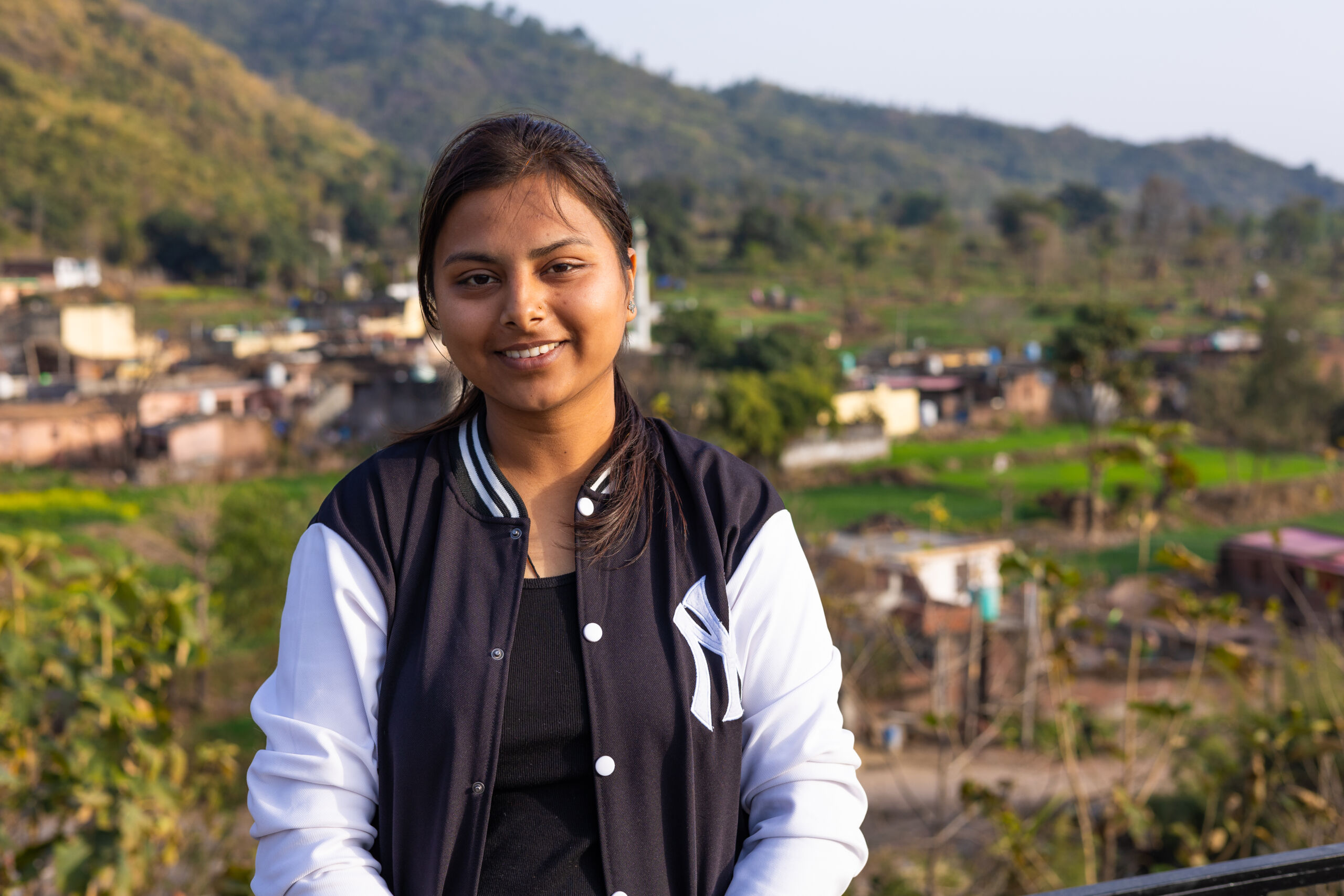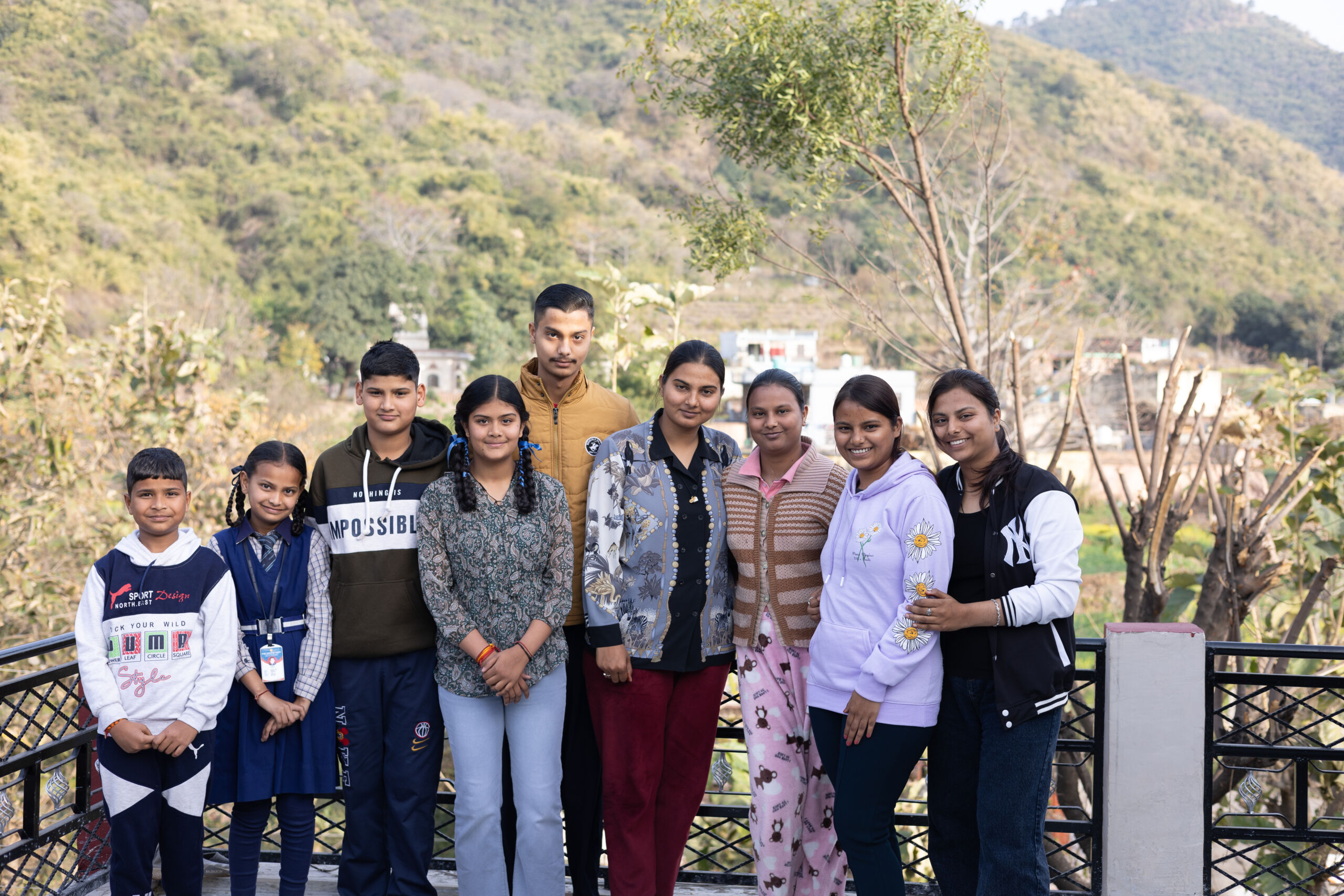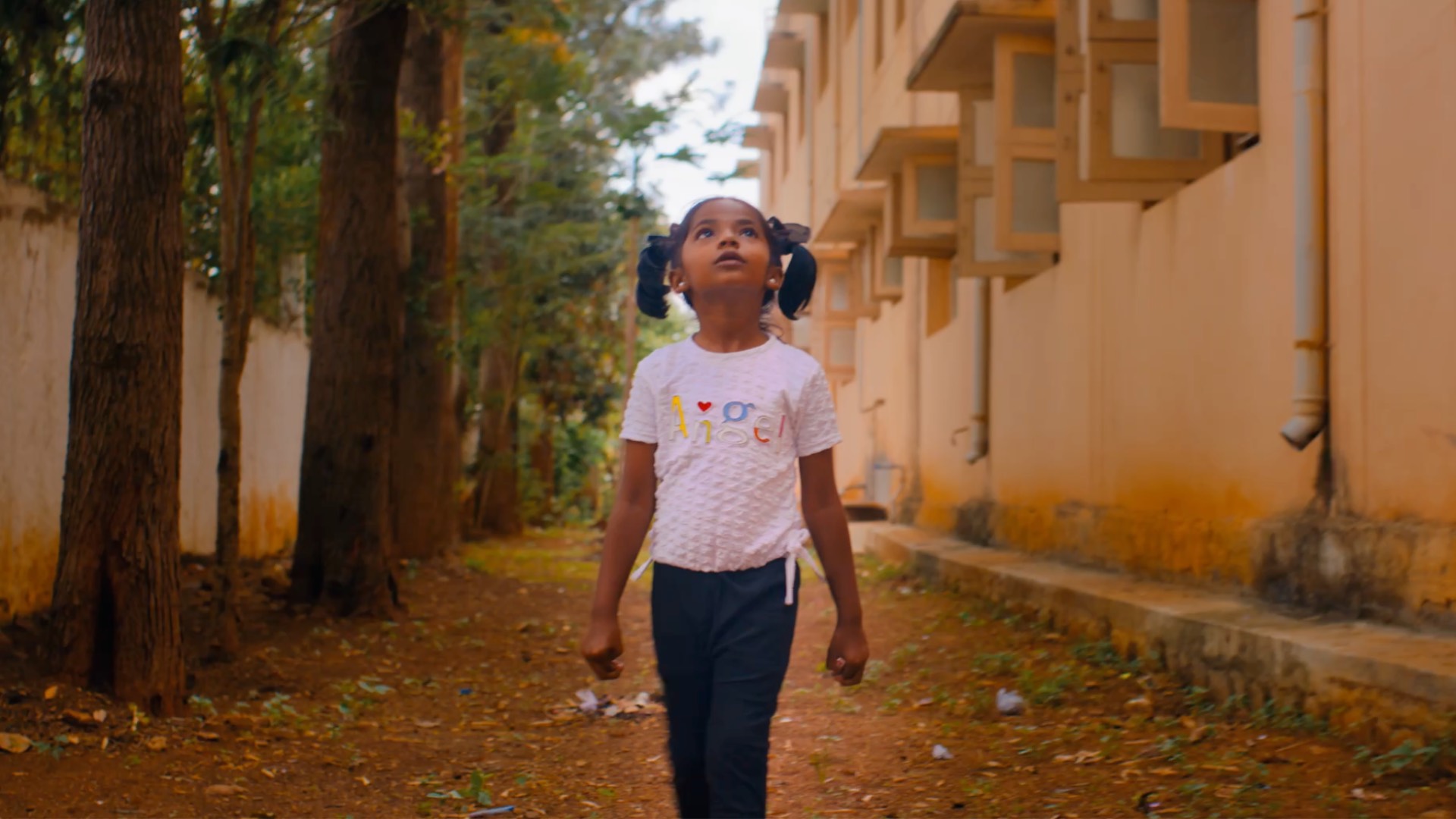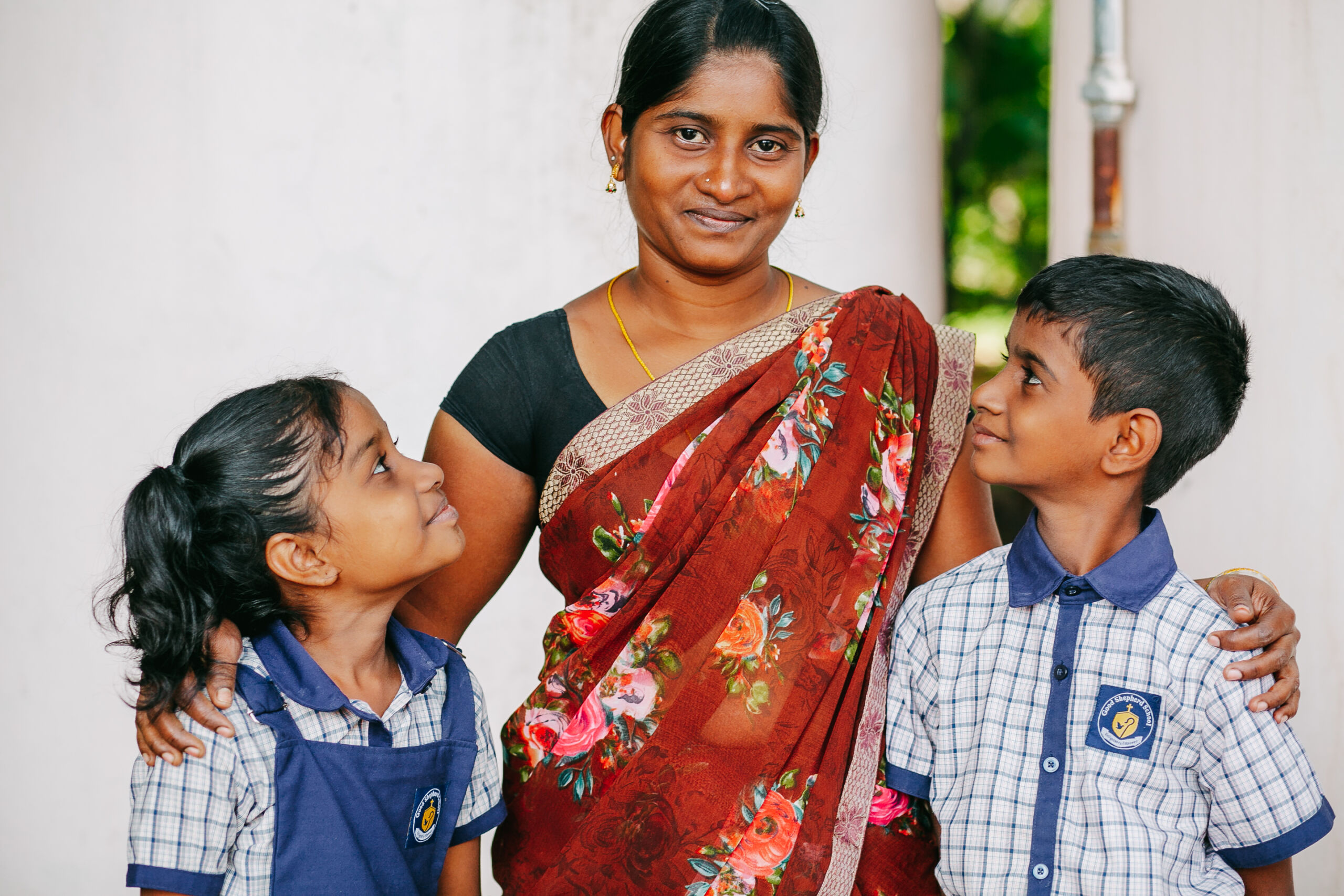

Sitting in the foothills of the Himalayas is a unique town in India.
It’s one in which Hindus, Christians, and Muslims share space, respectfully and peacefully.
This is not true for most of Northern India. It’s too close to the borders of Pakistan, Kashmir, and Nepal. While the people share similar physical characteristics and even similar tastes in food, political and religious strife have wreaked havoc on personal relationships and respect between tribes.
But not in K**.
From the rooftop terrace one sunny afternoon, I could hear the Muslim call to prayer, smell incense burning in the Hindu temple, and see the steeple of a Christian church.
From that same terrace, my view included all kinds of homes: majestic ones with fancy cars (a sign of wealth and the privileged caste), and slums filled with makeshift tents, half-dressed children, and the empty eyes of young men without hope.
“Neera,” I asked, “Is there fighting here? Persecution? Injustice or discrimination?”
“No. Not at all. We all get along,” She replied.
“How is this possible?”
“It’s our school. We are taught that we are all the same, that we all have God-given dignity and have the right to learn and become whatever we want. Caste discrimination does not exist in our school. We are taught cooperation, respect, and to help one another.”
Neera is the oldest of 11 grandchildren, all from the lowest caste in India. Her grandparents were cow dung patty makers. Cow patties are used for cooking and heating fuel in rural india.
With rugged determination, her father lifted his entire family (2 brothers, their wives, and all 11 children) out of poverty. He built a car service company from scratch that serves people all over their state. And he built their intergenerational family home, a beautiful, three story compound where all three families and Grandma live in community together. (You should see the pile of laundry!)
Neera’s father insisted his daughters should go to the best school in the area, so he chose the DFN school nearby. Instantly, he saw the difference. They LOVED school. They woke up eager to begin a new day of learning. They were involved in after school sports and interscholastic competitions.
Neera thrived in English and is now at University studying to be a lawyer. She intends to become a judge so that she can bring swift justice for girls and women who are raped and abused. She intends to protect those her school taught her to stand up for, to fight for those her culture tries to stuff down. If you had the privilege of talking to Neera for just a few minutes, you would quickly recognize this isn’t a pipe dream on her part. She’s got the passion, intellect, and courage.
Today, all 11 children in Neera’s extended family are either enrolled or have graduated from this same school. They are preparing to be accountants, (the CFO of the car service company), doctors, teachers, and civil servants. And they will do so with a heart to serve all people, regardless of race, religion, or caste.
This is the difference our schools make.
They change an entire family’s trajectory, and they impact an entire village.
There should not be peace in K**. There should not be hope and opportunity for half-dressed little boys and girls in the slum. Families like Neera’s should not be able to “rise above their station.” Except they do.
And this is how we change the world, one student, one family, and one school at a time.
Want to be part of this kind of transformation? Here are two ways:
- Become a monthly Promise Partner. Promise Partners give monthly for students, families, and schools. They provide whole care for the whole community including education, health care, skills training, and safe shelter when needed.
- Stock the classroom with much needed school supplies to get this year off to a good start. Rising prices are affecting what schools like the one in K** can afford. You can make up the difference.






Get Social